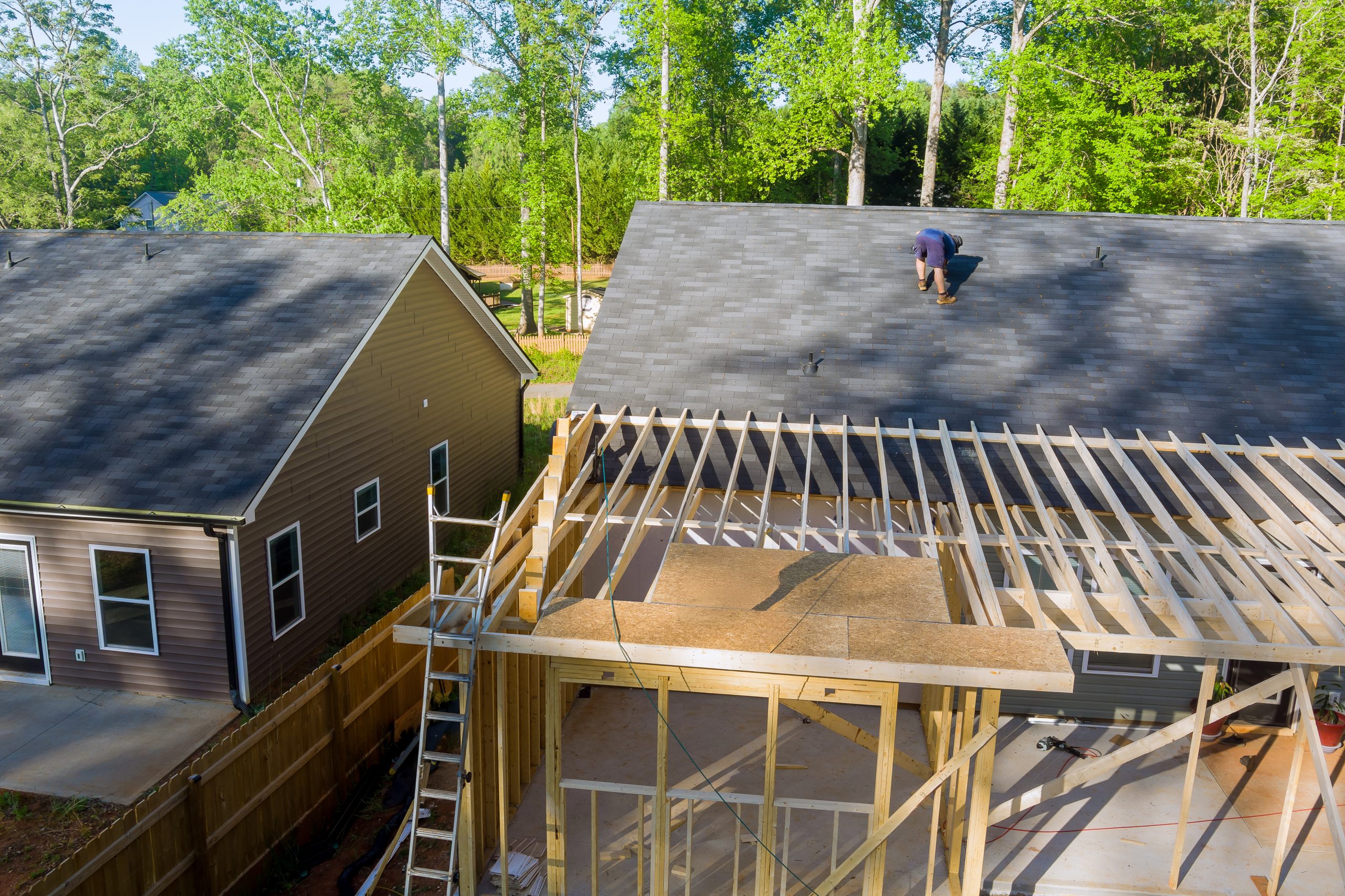Insulation is a crucial component of any roofing system, significantly the overall performance of the roof. The right insulation enhances energy efficiency, improves indoor comfort, and extends the lifespan of the roofing materials. This article discusses the relationship between roof insulation and roof performance, emphasizing its importance for energy efficiency and indoor comfort.
The Role of Insulation in Roofing Systems
Thermal Regulation: Roof insulation acts as a barrier to heat transfer. During the summer, it prevents heat from penetrating the roof and entering the home, keeping indoor spaces cooler. Conversely, in the winter, it retains heat within the home, preventing it from escaping through the roof. This thermal regulation is essential for maintaining a consistent indoor temperature, regardless of the weather outside.
Energy Efficiency: Proper insulation reduces the need for heating and cooling systems to work overtime, leading to significant energy savings. By minimizing heat loss in the winter and reducing heat gain in the summer, insulation helps maintain a comfortable indoor environment with less energy consumption. This efficiency translates into lower utility bills and a reduced carbon footprint.
Longevity of Roofing Materials: Insulation also contributes to the longevity of roofing materials. By stabilizing the roof’s temperature, insulation minimizes the thermal expansion and contraction that can cause materials to deteriorate over time. This stabilization helps prevent common issues such as cracking, warping, and other forms of weather-induced damage.
Types of Roof Insulation
Batt Insulation: Typically made of fiberglass or mineral wool, batt insulation is one of the most common types used in residential roofing. It is easy to install and provides effective thermal and sound insulation.
Spray Foam Insulation: This type of insulation expands upon application, filling gaps and creating an airtight seal. Spray foam insulation is excellent for energy efficiency as it prevents air leaks and provides a higher R-value (a measure of thermal resistance) compared to traditional insulation materials.
Rigid Foam Insulation: Available in panels, rigid foam insulation is highly effective for insulating flat roofs or adding an extra layer of insulation to existing roofs. It offers high thermal resistance and can also serve as a moisture barrier.
Reflective Insulation: Reflective or radiant barrier insulation reflects radiant heat away from the roof, reducing heat gain in hot climates. It is often used in conjunction with other types of insulation to enhance overall thermal performance.
Impact on Indoor Comfort
Temperature Regulation: Insulation helps maintain a stable indoor temperature, reducing the fluctuations that can lead to discomfort. By preventing heat loss in the winter and reducing heat gain in the summer, insulation ensures that indoor spaces remain comfortable year-round.
Soundproofing: In addition to thermal benefits, insulation also prevides soundproofing. It helps reduce the noise from outside, creating a quieter and more peaceful indoor environment.
Moisture Control: Proper insulation can also help control moisture levels within the home. By preventing condensation and dampness, insulation protects against mold growth and improves indoor air quality.
Enhancing Roof Performance
Preventing Ice Dams: In colder climates, proper insulation is crucial for preventing ice dams. Ice dams form when heat escapes through the roof, melting snow that then refreezes at the roof’s edge. This can cause water to back up under the shingles and lead to leaks. Adequate insulation keeps the roof surface consistently cold, preventing snow from melting and reducing the risk of ice dams.
Reducing HVAC Load: Insulated roofs reduce the load on heating, ventilation, and air conditioning (HVAC) systems. This reduction not only lowers energy bills but also extends the lifespan of HVAC equipment by reducing the frequency and intensity of its operation.
Conclusion
The impact of insulation on roof performance cannot be overstated. By enhancing energy efficiency, improving indoor comfort, and protecting roofing materials, insulation plays a vital role in the overall effectiveness of a roofing system. Homeowners should consider the type and quality of insulation when installing or upgrading their roofs to ensure optimal performance and longevity. Investing in proper insulation is not just a matter of comfort and savings; it is also a step toward a more sustainable and durable home.
